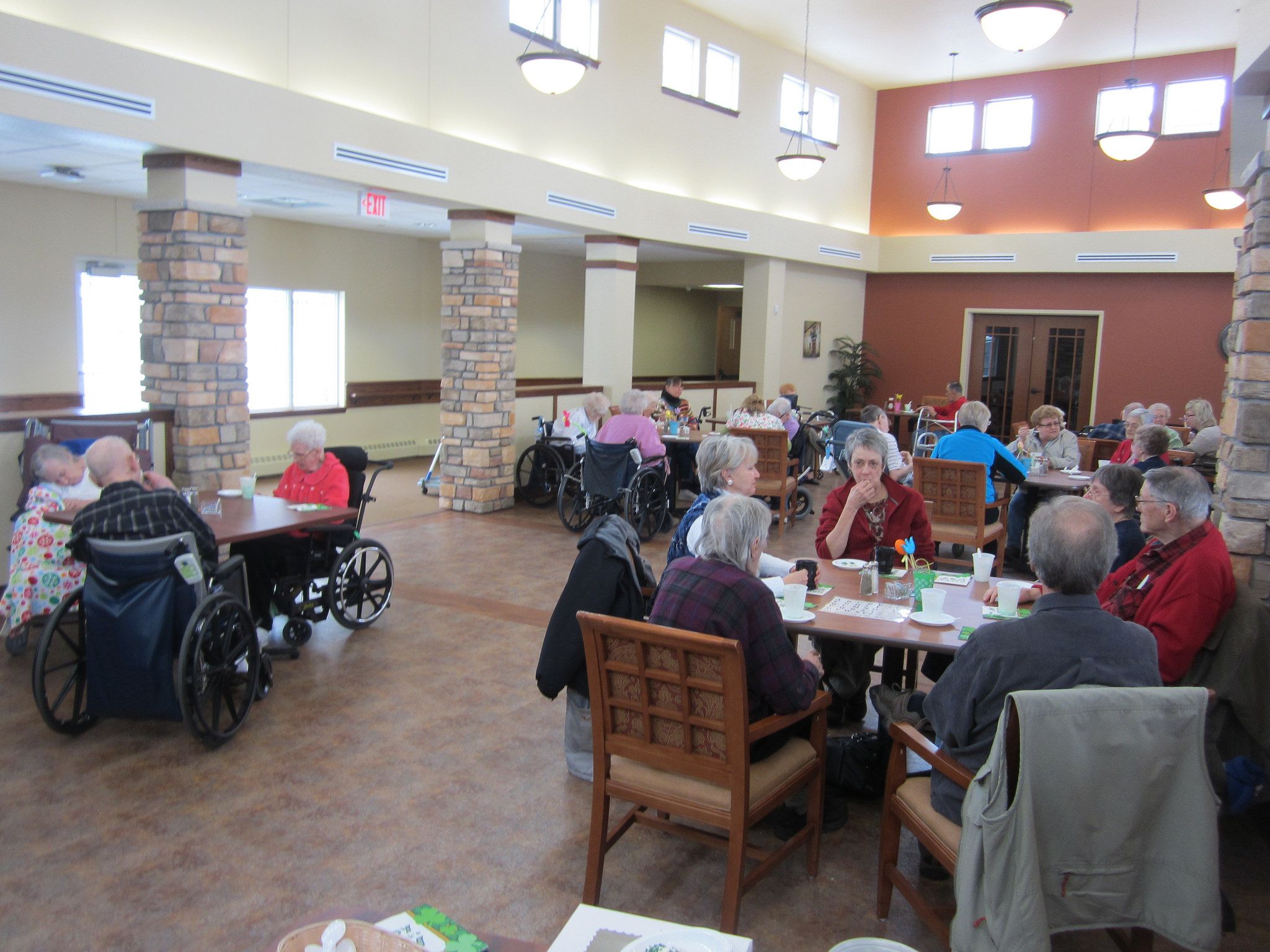Views expressed in opinion columns are the author’s own.
In any list ranking overall qua-lity of life among developed countries, the United States is likely to be near the bottom. Quality of life for elderly people is no exception. With a growing elderly population projected to be 80 million by 2050, the already paltry infrastructure for elder care in the United States is in grave danger. Costs of care are increasing, and Social Security is drying up.
Why are we so unable to guarantee a comfortable and enriching retirement for Americans? The United States does not have a strong culture of reverence for the elderly. Along with other forms of caretaking, elder care is seen as a historically female duty. As such, it’s undervalued in the American economy.
A report from earlier this year by the Investigative Fund found that overnight in-home caretakers for elderly people are some of the most vulnerable workers to wage theft. They’re paid only for hours they are working and awake. During a 48-hour shift, this time is assumed to be about 26 hours, but patients’ demands and safety concerns often only allow for an hour-long nap during these two-day-long shifts, rarely guaranteeing any amount of sleep. Fights to reclaim these lost wages are long and exhausting and frequently don’t result in a payout or better working conditions.
Behind this wage theft is a certain expectation of selflessness within the profession of caretaking. Given the charitable nature of the job and the connection they’ve made with clients, many caretakers are expected to work longer hours without pay in the interest of “neighborliness.” This contributes to a culture of burnout in the caretaking profession in the long run.
Despite the low wages for caretakers, live-in assistance and assisted living facilities for senior citizens are prohibitively expensive, with costs rivaling those of college tuition. Such facilities are dismal places, with cafeteria-style food and well-meaning but underpaid and overworked staff doing their best to meet the basic needs of residents while working to enrich their daily lives. In a recent survey of wealthy, middle-aged Americans, more than half chose death over going to a nursing home.
Elderly Americans are sicker than their foreign peers as well. Even while most Americans over the age of 65 qualify for Medicare, high out-of-pocket costs keep as many as 23 percent of American seniors from visiting the doctor, compared to less than 5 percent from peer countries like the UK and France. The Affordable Care Act was poised to address this, but it remains on shaky ground following the election of President Donald Trump.
America’s devaluation of the elderly is based on a few cultural elements. First, our individualistic culture places so much emphasis on independence from family that moving an elderly parent into an adult child’s home is often unwelcome for both parties. In many other countries, taking care of an elderly parent is not only an expectation, but a priority. Secondly, the late stage capitalism that has become so intertwined with American culture does not recognize the value of the individual outside of their productivity. As such, when elderly Americans can no longer work, our society has no use for them, and they are cast aside.
Throughout this article, I’ve referred to the aging population as “the elderly” or “senior citizens.” But what is most shocking about the United States’ treatment of these people is that they are our grandmothers, grandfathers, uncles and aunts. They’re not only human beings deserving of love and care but also our family. Yet once they reach a certain age, they become afterthoughts.
America needs to do better in caring for its elderly, whether that’s from a widespread cultural shift away from individualism, or — by some miracle — the government increasing funding for Social Security and Medicare. The elderly population is growing. We, as a country and as individuals, have a moral obligation to care for our elderly loved ones.
Emily Maurer is a junior environmental policy major. She can be reached at emrosma@gmail.com.



